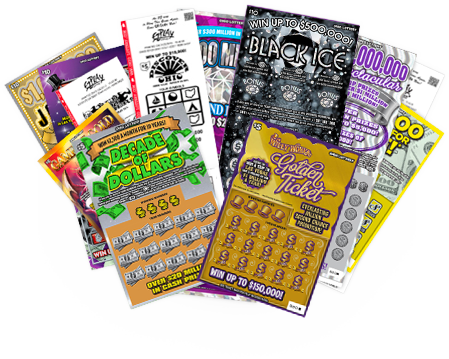
A lottery is a form of gambling that involves drawing numbers and hoping to get a winning number. It is one of the oldest forms of gambling and is found throughout the world. Although most countries have banned most forms of gambling, some governments still endorse or regulate them.
The earliest known lotteries were held during the Roman Empire. Governments used these games to raise money for a wide variety of public projects. They were also used to help the poor and prepare for wars. Some colonial governments, such as Virginia, used the games to finance local militias and fortifications.
Lotteries were favored by some people because they did not impose a tax. Alexander Hamilton wrote that people would risk a trifling sum of money for the chance of a great gain. However, many people thought the lottery was a way to avoid paying taxes.
Today, there are 45 states in the United States and Puerto Rico that operate state-wide lotteries. These lotteries include instant games and drawing games. One of the most popular is Mega Millions, a multi-state game with a jackpot that ranges from $10,000 to $200,000, which is available nearly everywhere in the country. In addition to Mega Millions, the US Virgin Islands and the US District of Columbia run state-wide lotteries.
When selecting a lottery ticket, it is important to know how much money you will get back. The odds of winning the jackpot vary depending on the size of the prize and the design of the lottery. If you are lucky enough to win, you will be able to receive the advertised prize as a lump sum or as an annuity payment.
Most official lotteries are 50/50 raffles, in which half of the ticket sales go to the government. However, there are some betting firms that allow customers to choose their own numbers. As a result, the prize pool is usually smaller than what is advertised.
There are a few reasons why the jackpots on the US lotteries are smaller than those in the UK and Australia. First, the jackpots tend to be reset after they are claimed. Secondly, the odds of winning the jackpot are not very good.
This can be due to the fact that there aren’t that many lottery winners. For example, the odds of winning the Powerball jackpot are 1 in 13,983,816. To increase your chances of winning, you can purchase a higher number of tickets. You can also increase your odds by picking more winning numbers.
Most official lottery tickets are purchased through a vendor that is licensed to sell them. Alternatively, you can buy tickets from your local store. Buying a ticket online can be a great option, but is not widely available.
Many online slot machines quickly diminish bankrolls, reducing them to nothing. While you might be able to get some small prizes for matching some winning numbers, most of the jackpots are out of reach. Regardless, a lottery ticket can be a great source of entertainment.